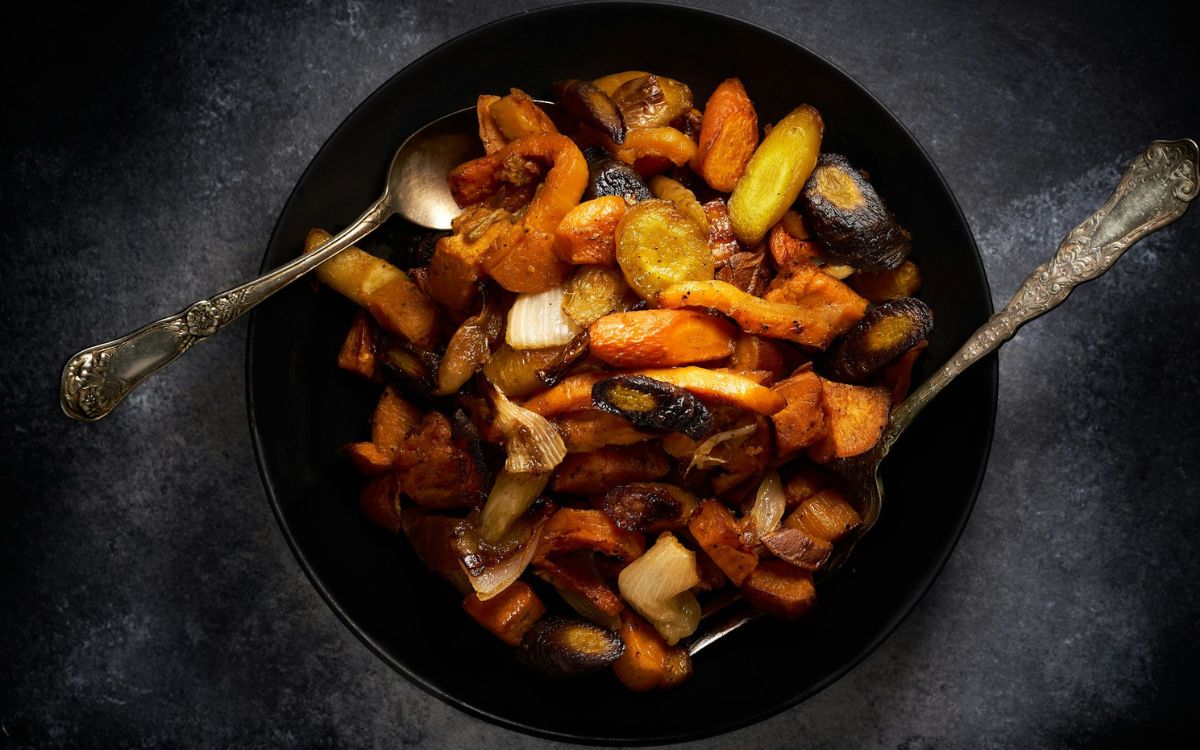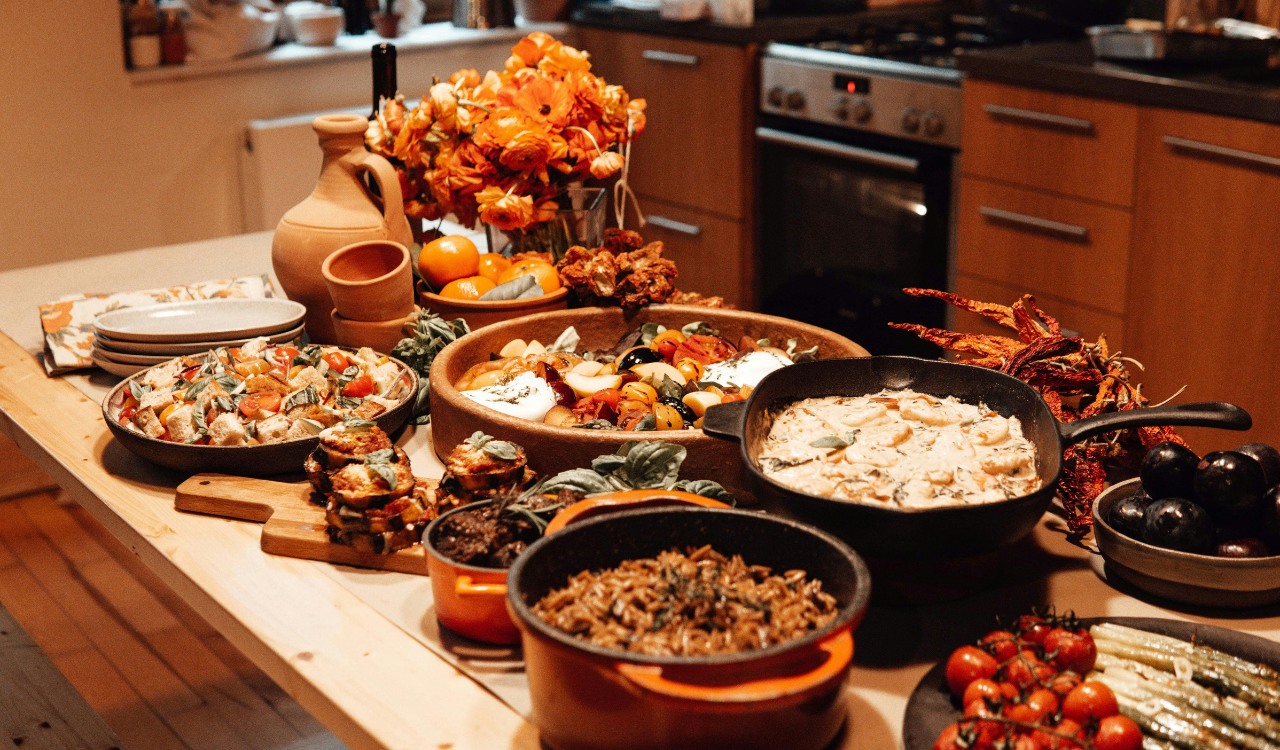11 Marinade Mistakes Americans Make (And How To Fix Them)

Marinades have the power to transform simple cuts of meat, vegetables, or plant proteins into meals bursting with flavor, but only when used correctly. Too much acid can toughen chicken, too much sugar can burn on the grill, and skipping salt leaves food tasting flat. The secret lies in balance and technique. By learning a few easy fixes, you can master marinades that not only enhance flavor but also improve texture, safety, and tenderness, turning every dish into something memorable and satisfying.
1. Using Too Much Acid
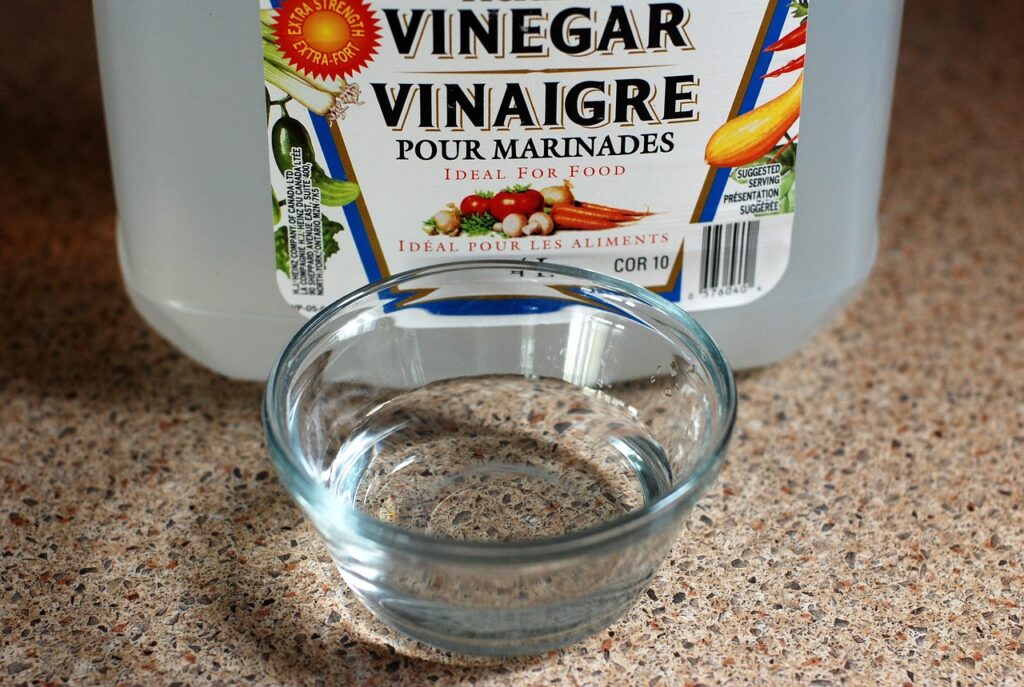
Acid brings brightness and tenderization, but an overload can ruin texture. Citrus juice, vinegar, or wine in high amounts begins breaking down proteins too aggressively, leaving chicken rubbery or fish chalky before it ever hits the heat. The fix is to moderate, combine acid with oil, herbs, and spices, and limit the soak time for delicate proteins. Even a splash of lemon or vinegar can transform flavor without overpowering or causing food to fall apart.
2. Marinating for Too Long

It’s a common misconception that longer marinating always equals better flavor, but leaving food in marinade for too long can ruin texture. Fish turns mushy, chicken fibers break down, and even tougher cuts can lose structure. Delicate proteins need only a few hours, chicken and pork benefit from 6–12, and firm meats like flank steak can handle up to 24. Proper timing ensures flavors develop fully while keeping texture intact, resulting in tender, juicy, and perfectly seasoned dishes.
3. Forgetting Salt
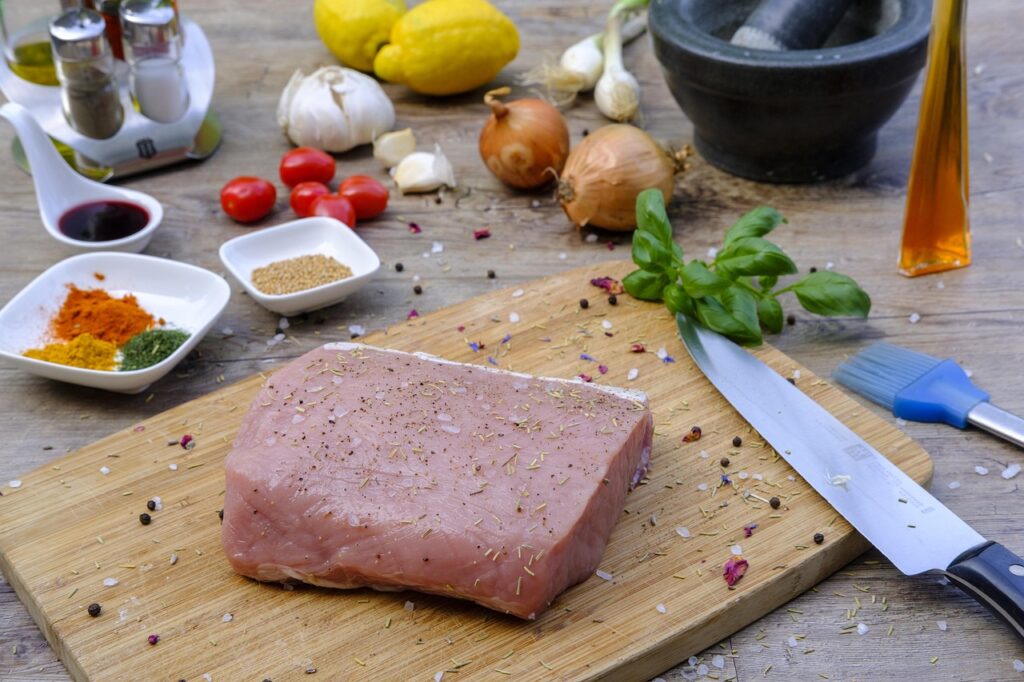
Marinades that skip salt often taste flat because seasonings remain on the surface instead of penetrating the food. Salt helps break down muscle fibers slightly, allowing flavors from herbs, spices, or soy sauce to travel deeper. Even a small sprinkle of sea salt, a splash of soy, or a touch of miso can transform a simple marinade. Using salt correctly turns a bland coating into a rich, flavorful experience, ensuring every bite is seasoned evenly and deeply.
4. Only Marinating the Surface
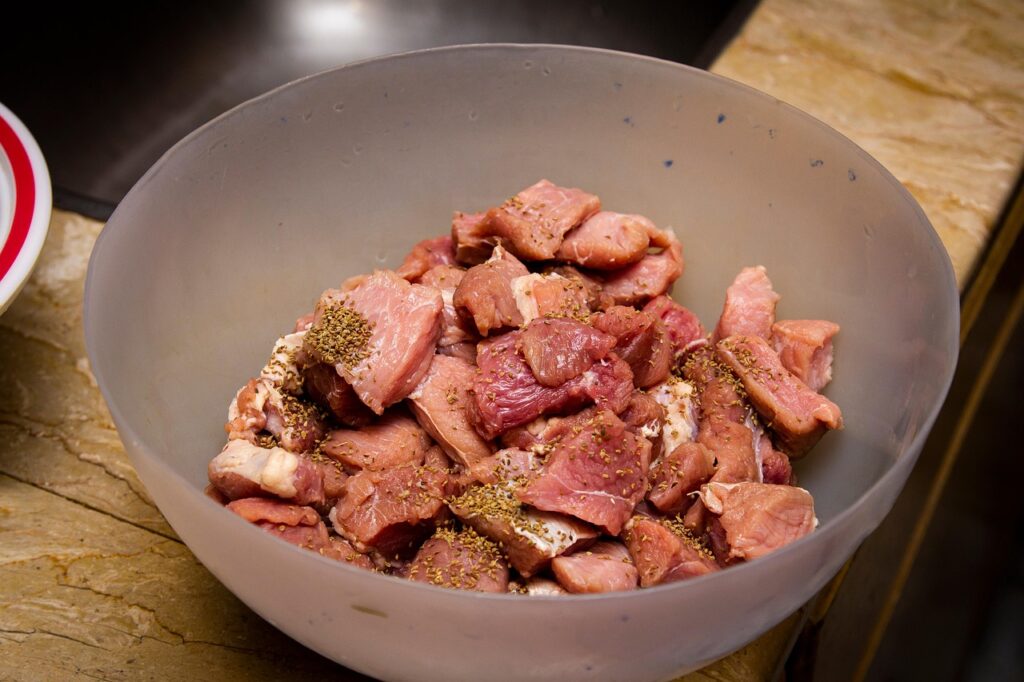
A marinade can only enhance food if it penetrates beyond the surface. Simply coating meat often leaves the outside seasoned while the inside remains bland. Scoring thick cuts, pricking chicken with a fork, or making shallow slits in pork allows the flavors to soak in. Even tossing vegetables in a bag ensures better coverage. These simple steps let seasoning reach every bite, creating consistent, rich flavor and transforming ordinary ingredients into meals that taste thoughtfully prepared.
5. Reusing Marinade as Sauce
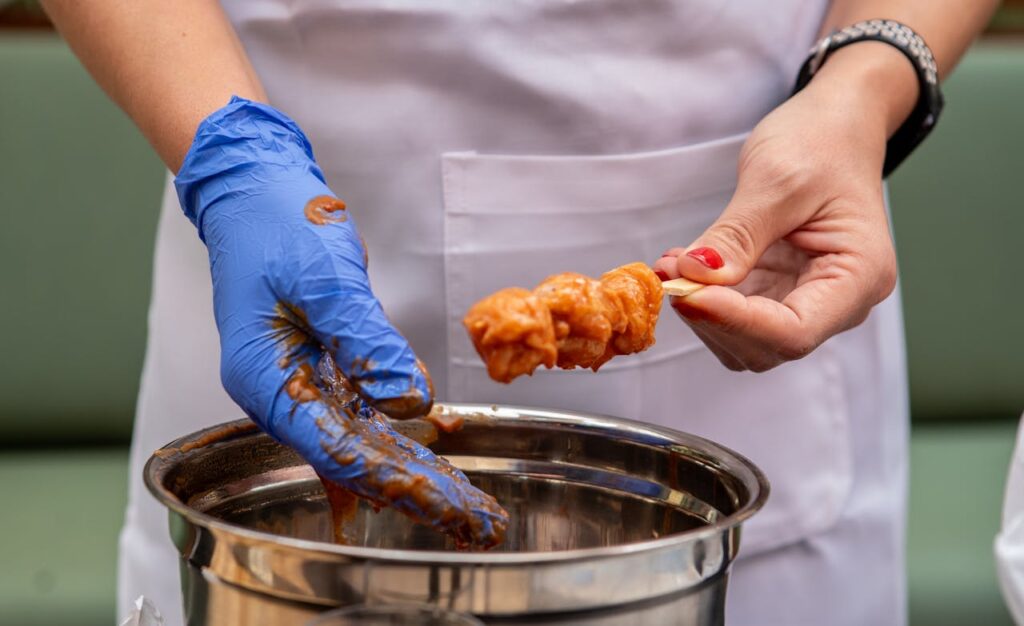
Many home cooks make the mistake of pouring leftover marinade over cooked food, unaware that it can carry harmful bacteria from raw meat. To enjoy the flavor safely, either boil the used marinade for several minutes to kill germs or reserve a fresh portion before marinating. Another option is to quickly prepare a new batch with the same ingredients for drizzling at the table. This approach ensures you capture all the taste and richness of the marinade while keeping meals safe and delicious.
6. Using the Wrong Oil
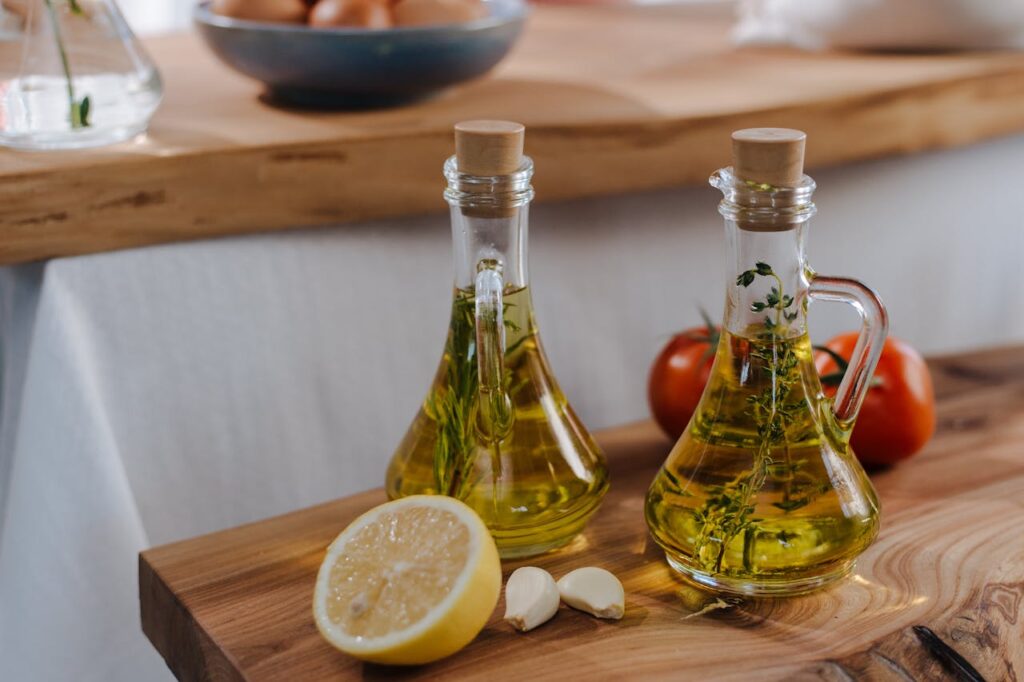
Oil is the backbone of most marinades, but choosing the wrong kind can alter both taste and cooking results. Heavy oils like peanut or sesame can overwhelm subtle flavors, while low smoke-point oils burn quickly on a hot grill. Lighter oils such as olive, canola, or grapeseed carry spices and herbs without dominating. The right choice also promotes better searing and texture, ensuring your marinade enhances the dish rather than working against it.
7. Ignoring Sugar Content

Sugar can bring a beautiful depth to marinades, helping foods caramelize with color and sweetness. But when used too heavily, it burns quickly over high heat, leaving meat bitter and sticky. Ingredients like honey, molasses, or brown sugar work best in moderation or when brushed on near the end of cooking. This way, you get that glossy glaze and rich flavor without scorching the surface. A balanced hand ensures your meal tastes sweet and savory instead of burnt and uneven.
8. Marinating at Room Temperature
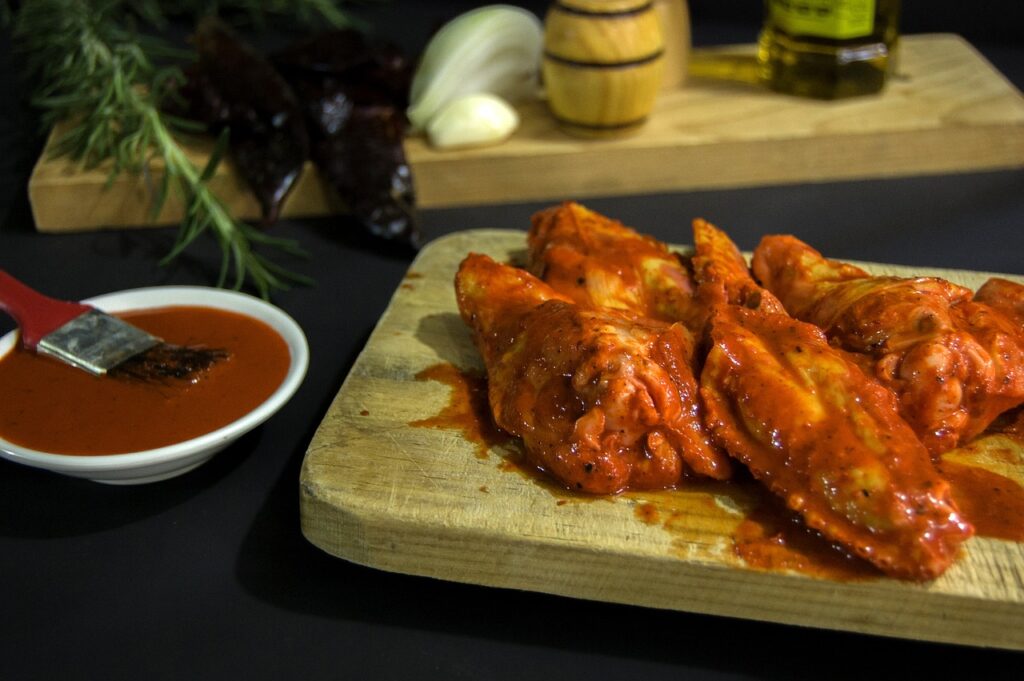
Marinating at room temperature might seem convenient, but it’s one of the riskiest mistakes. Raw meat left out creates the perfect environment for bacteria, and even a couple of hours on the counter can make food unsafe. The solution is simple: always marinate in the refrigerator, whether it’s for a quick soak or overnight. Before cooking, let food rest briefly to remove the chill, but never let it sit out in the marinade. This small step keeps meals flavorful, tender, and safe to enjoy.
9. Not Patting Meat Dry

Throwing wet meat straight from the marinade onto the grill often causes steaming rather than searing. Excess liquid prevents browning and robs you of that savory crust. The fix is simple: pat meat lightly with paper towels before cooking. Don’t worry, the flavor has already penetrated. This step allows proper caramelization, creating crisp, golden edges and sealing in juices. It’s a small adjustment that turns an average grilled dish into something truly mouthwatering.
10. Forgetting Vegetables and Plant Proteins
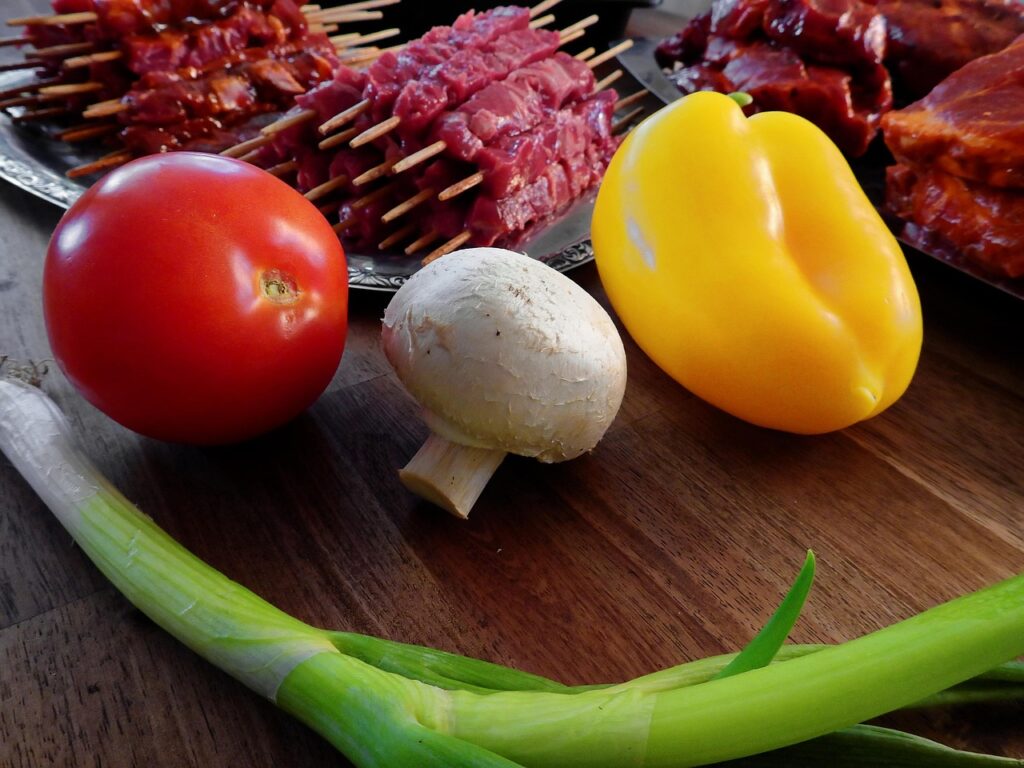
Marinades go far beyond meat, yet vegetables and plant proteins are often overlooked despite their ability to soak up flavor. Mushrooms, zucchini, peppers, tofu, and tempeh absorb herbs and spices beautifully, often turning into standout dishes rather than sides. A simple mix of oil, garlic, citrus, or soy can elevate them into something special. Including plant-based options not only adds variety and color to the table but also highlights just how versatile and creative marinades can be.
11. Using One-Note Flavors
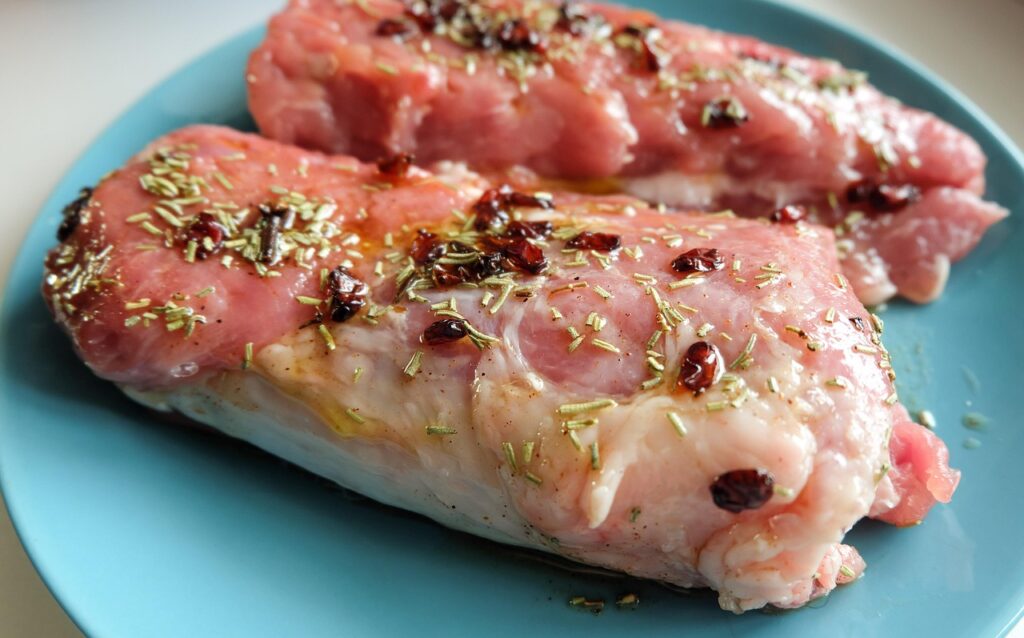
Relying too heavily on a single ingredient like soy sauce or lemon juice makes marinades taste flat. The best results come from balanced acid for brightness, fat for richness, salt for depth, and aromatics like garlic, herbs, or ginger for complexity. Combining these elements doesn’t require extra effort, only mindfulness. A balanced marinade creates layers of taste, making each bite rounded, satisfying, and far more memorable than one dominated by a single note.


